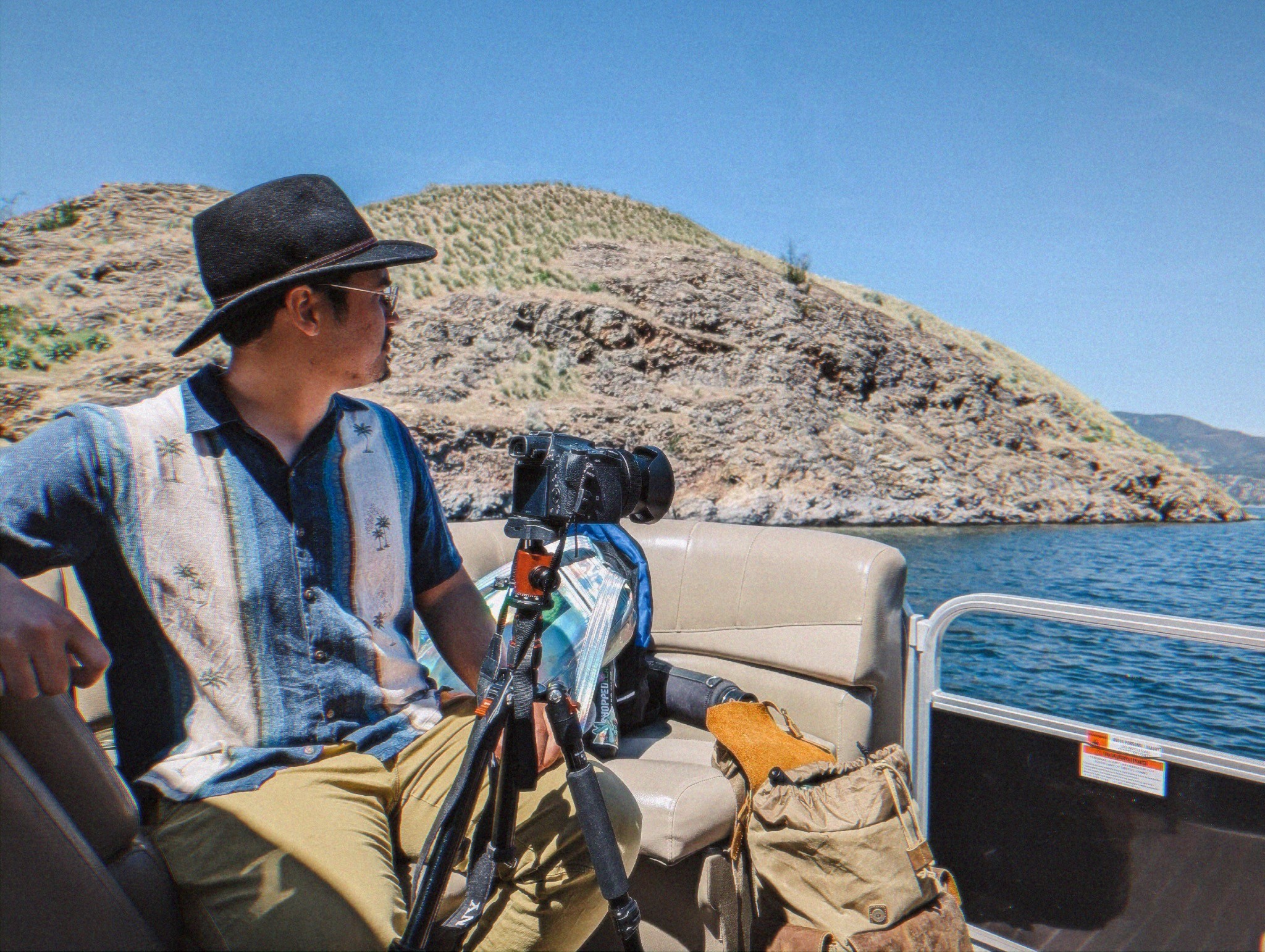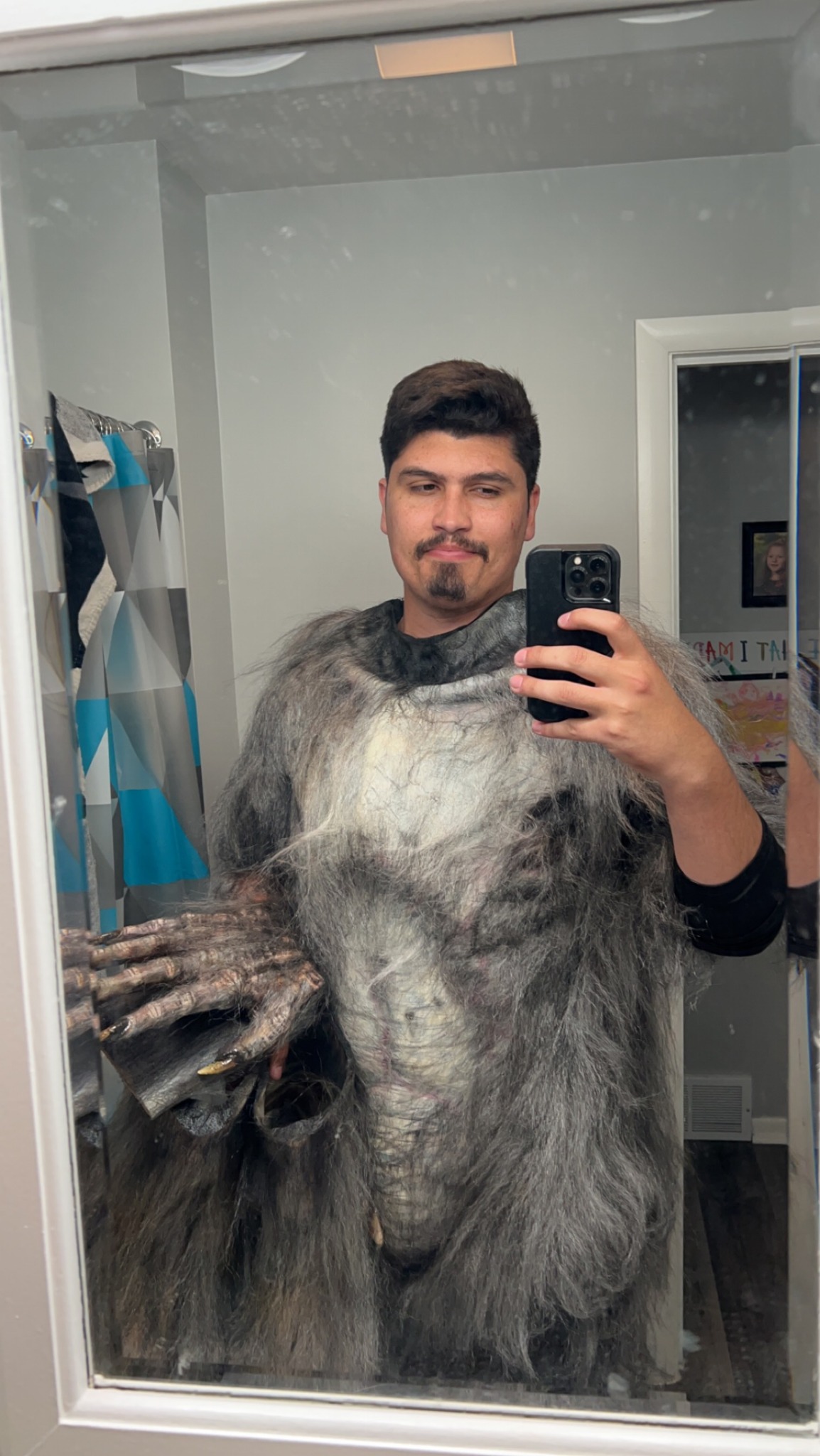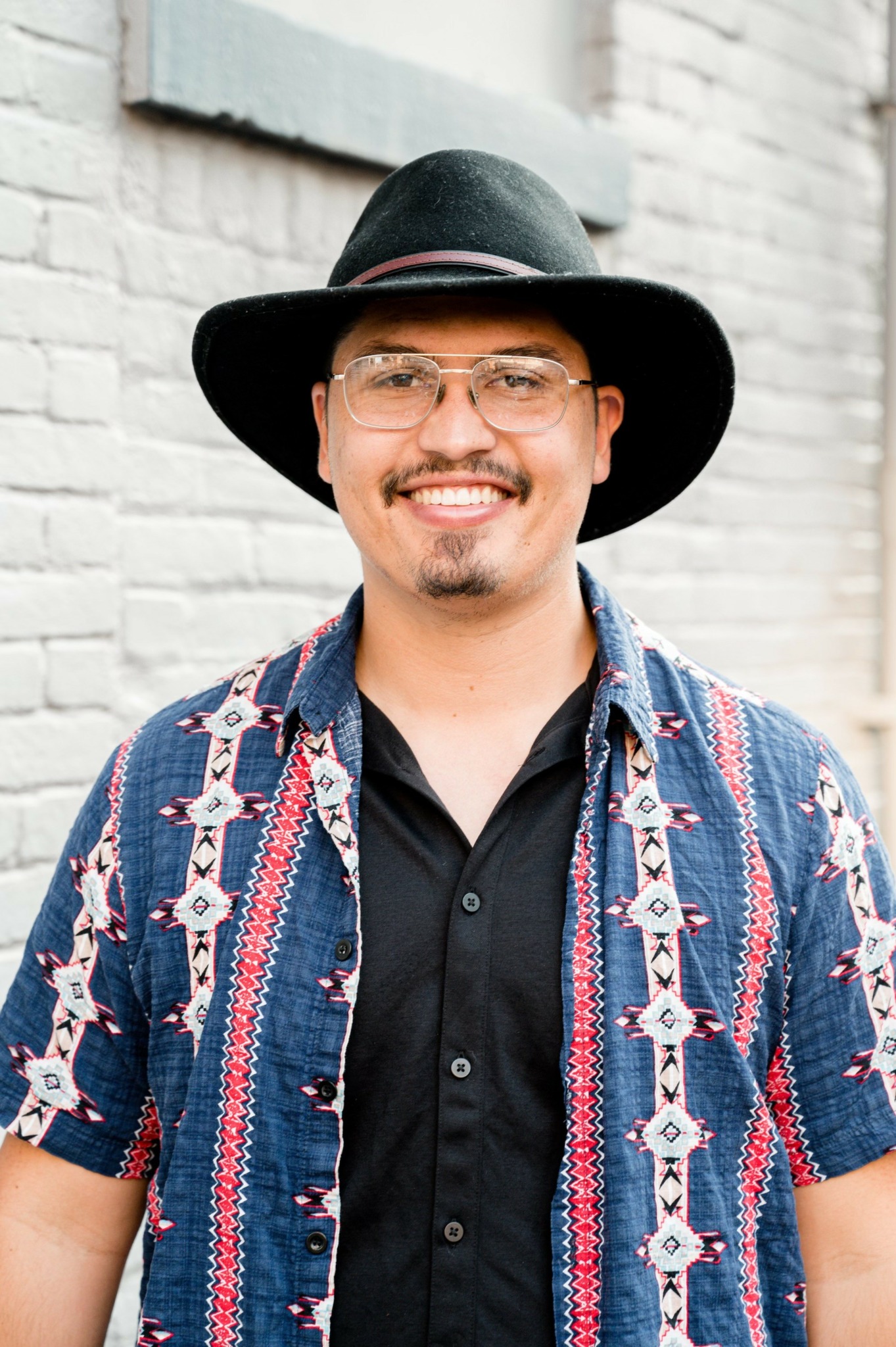We’re excited to introduce you to the always interesting and insightful Eli Watson. We hope you’ll enjoy our conversation with Eli below.
Eli, thanks for joining us, excited to have you contributing your stories and insights. Have you been able to earn a full-time living from your creative work? If so, can you walk us through your journey and how you made it happen? Was it like that from day one? If not, what were some of the major steps and milestones and do you think you could have sped up the process somehow knowing what you know now?
The journey to be able to make a living off of my creative work has been a long one and is one that is still ongoing. For the past 4 years I’ve been making documentaries centered around Sasquatch, UFO’s and other unexplained phenomena with a company called Small Town Monsters. Never in a million years did I ever see myself here, but I wouldn’t trade it.
From a young age, I always knew I wanted to tell stories. In high school and college I always pictured my future as making narrative films. I even have a Bachelor’s degree in screenwriting, so the transition to documentaries was unexpected for me. While attending film school at CSU Long Beach, I went through a phase where I was really disheartened by the system and world of making films. It is incredibly cut throat, and I figured I didn’t have the heart for it.
However, I’m a person who needs a creative project to do, otherwise I really wouldn’t know what to do with myself. So I began a podcast, figuring that would be a different enough industry from film while also still being able to have a creative outlet. During that phase I got really interested in Sasquatch and other cryptids as they are called, the Loch Ness Monster, Chupacabra, etc. So I figured I would start a podcast about that. So in 2018, two friends and I started Cryptid Campfire. As I explored this newfound world of Cryptid enthusiasts I found out about Nash Hoover, a good friend of mine and Seth Breedlove, my future employer and CEO of Small Town Monsters.
Beginning a friendship with both of them and collaborating on projects with them, I began to realize I didn’t have to be locked into the Hollywood system in order to create films. I collaborated with Nash on his show Chasing Legends which helped me land a full-time job at Small Town Monsters creating films and expressing my creativity in different ways through it.
Looking back on it, I’m not sure if there was a way to speed that process up. I’m a firm believer that everything happens for a reason, even the bad things, and only through hindsight can we see why things happened the way they did. I wouldn’t trade any of my experiences, because I wouldn’t be the filmmaker I am today without those experiences. I would be a lot more naive, a lot more open to betrayal and personal attack. But those types of experiences take time. Those lessons learned can only happen by living through them.
The course of making a living off of film, is not easy. But what did allow me to do it in a short time frame (about 2 years after college) I attribute to my ability to do the work. I know a lot of filmmakers who are talented, but they only want the limelight. They want the recognition and accolades that only come after long nights of editing and intense workloads. So they continue to live in mediocrity, never putting in the effort required to get to the next level. Filmmaking is often seen a sexy job, but it’s really not. It’s a lot of all nighters, little sleep, hours and hours of pouring over the same footage repeatedly and at some points outright frustrating. But I’ve never been motivated by the potential profit or fanfare, I’ve always been motivated by the completion of the project and making something I can be proud of. If you keep that in mind, you’ll go far.
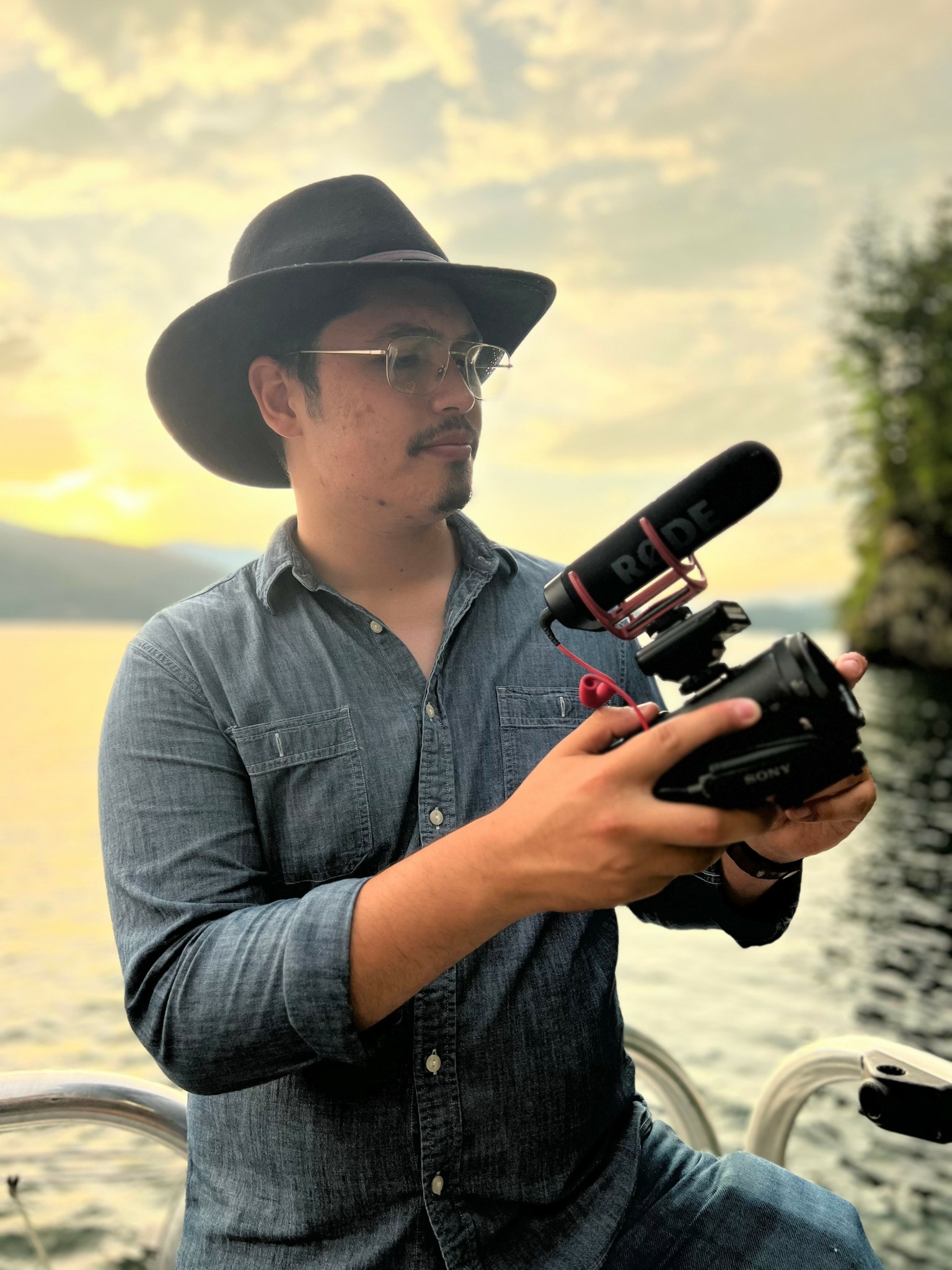
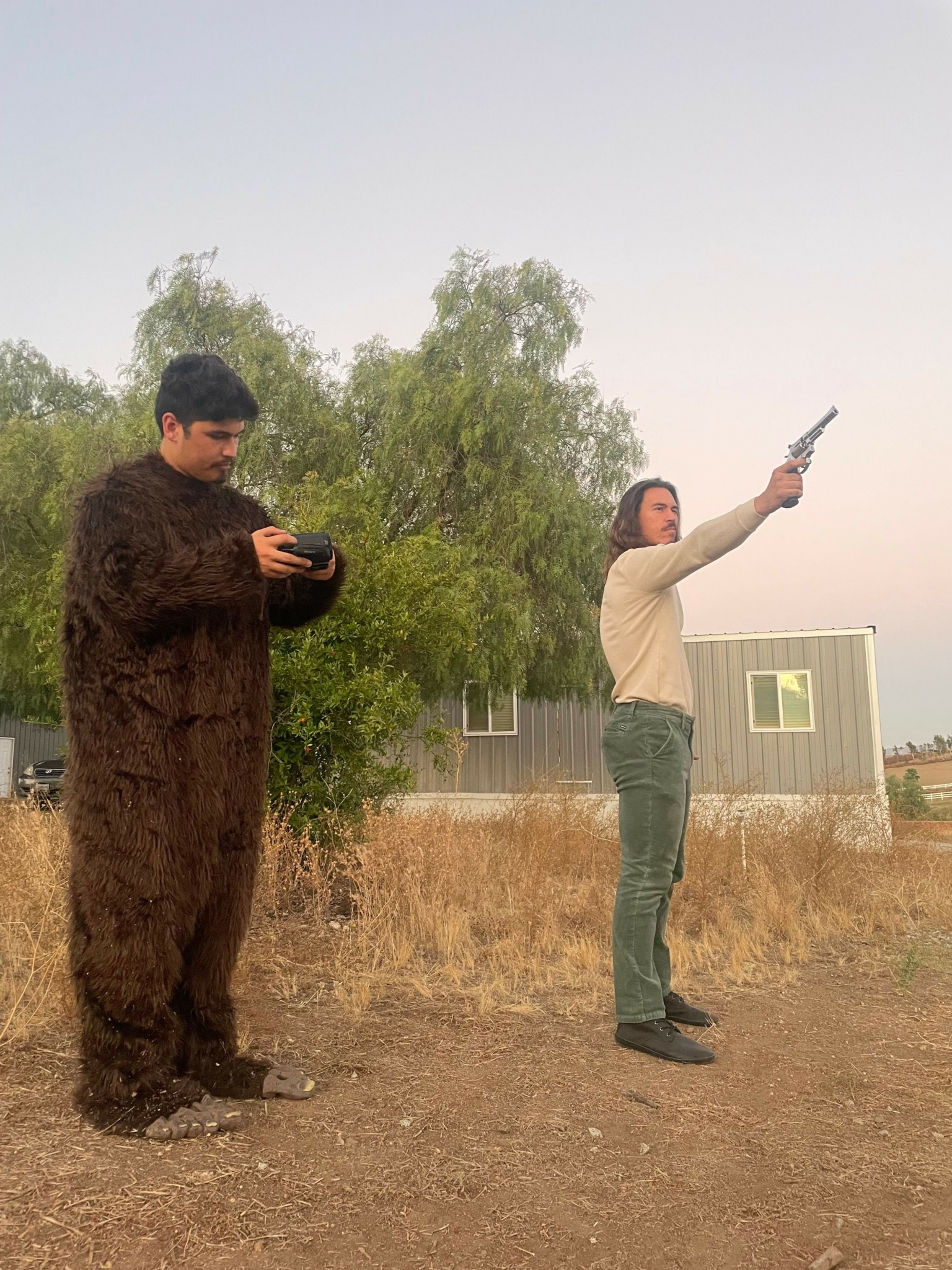
Eli, love having you share your insights with us. Before we ask you more questions, maybe you can take a moment to introduce yourself to our readers who might have missed our earlier conversations?
I’m Eli Watson. I make documentaries and films about History, Sasquatch, UFO’s and other important events. I began making documentaries in 2020, shortly after graduating college with a Bachelor’s degree in Screenwriting. I’ve provided full length documentaries to a variety of production companies heading everything from initial concept to final product delivery.
In the documentary field, there is a tendency to make the filmmaker’s experience the subject of the piece, while I have also done the same, but what is different about my approach is that I’ll only tie myself into the project as long as it aids in the telling of the story of the subject. I always, always focus on people. People are by far the most interesting subjects. Whether the story is about Sasquatch or a natural disaster, it’s people that keep the viewer engaged.
I’m most proud of my work that best exemplifies this. From my 10 part docu-series Bigfoot: The Road to Discovery or my upcoming film The Siege of Ape Canyon, these films and series capture the essence of what I just described. These are not “Bigfoot movies”. These are stories about real people who have had their lives changed by strange experiences and their decision to go deeper and how that’s affected them now. And in there, you find that many of these people are just like us.
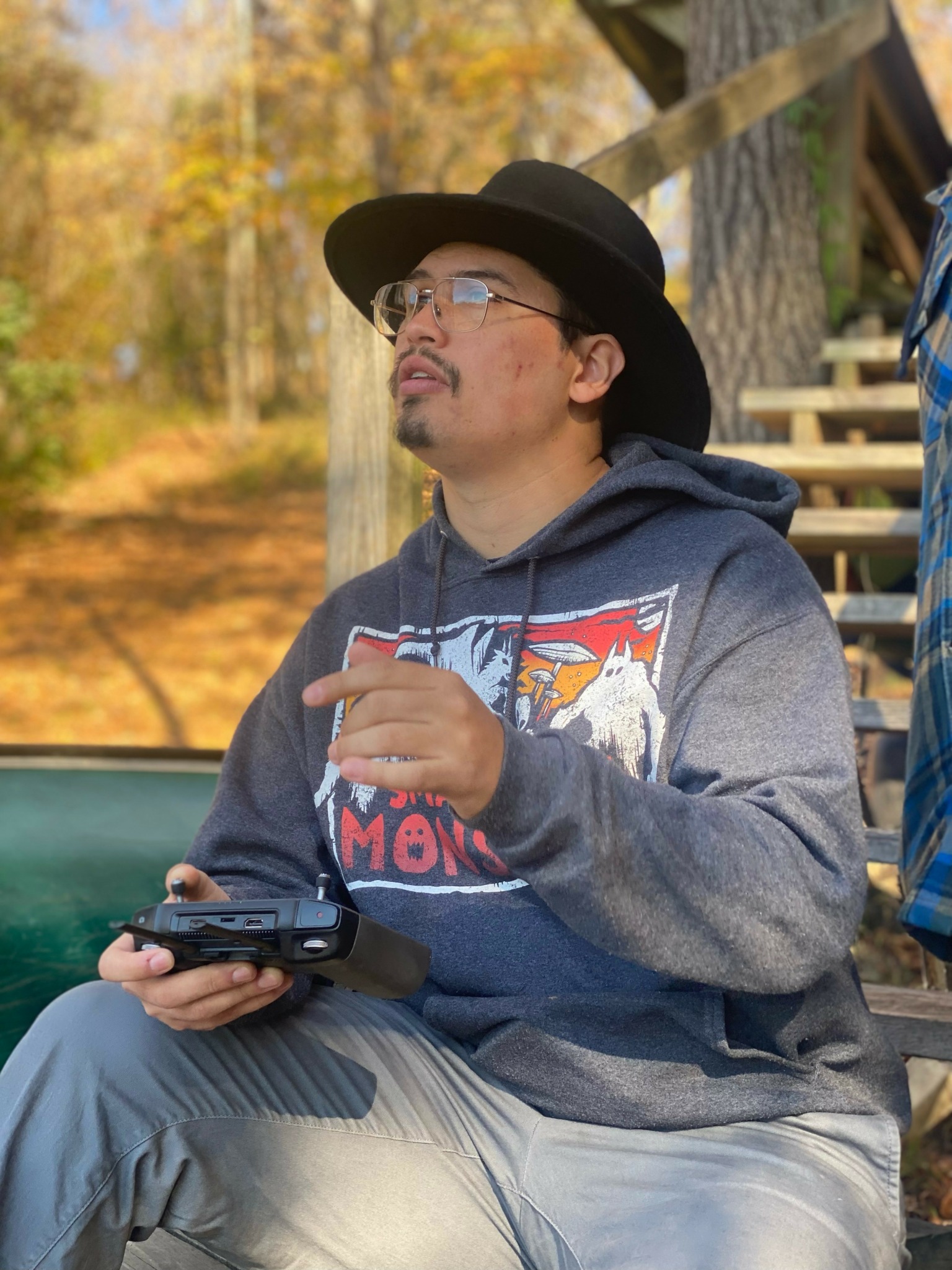
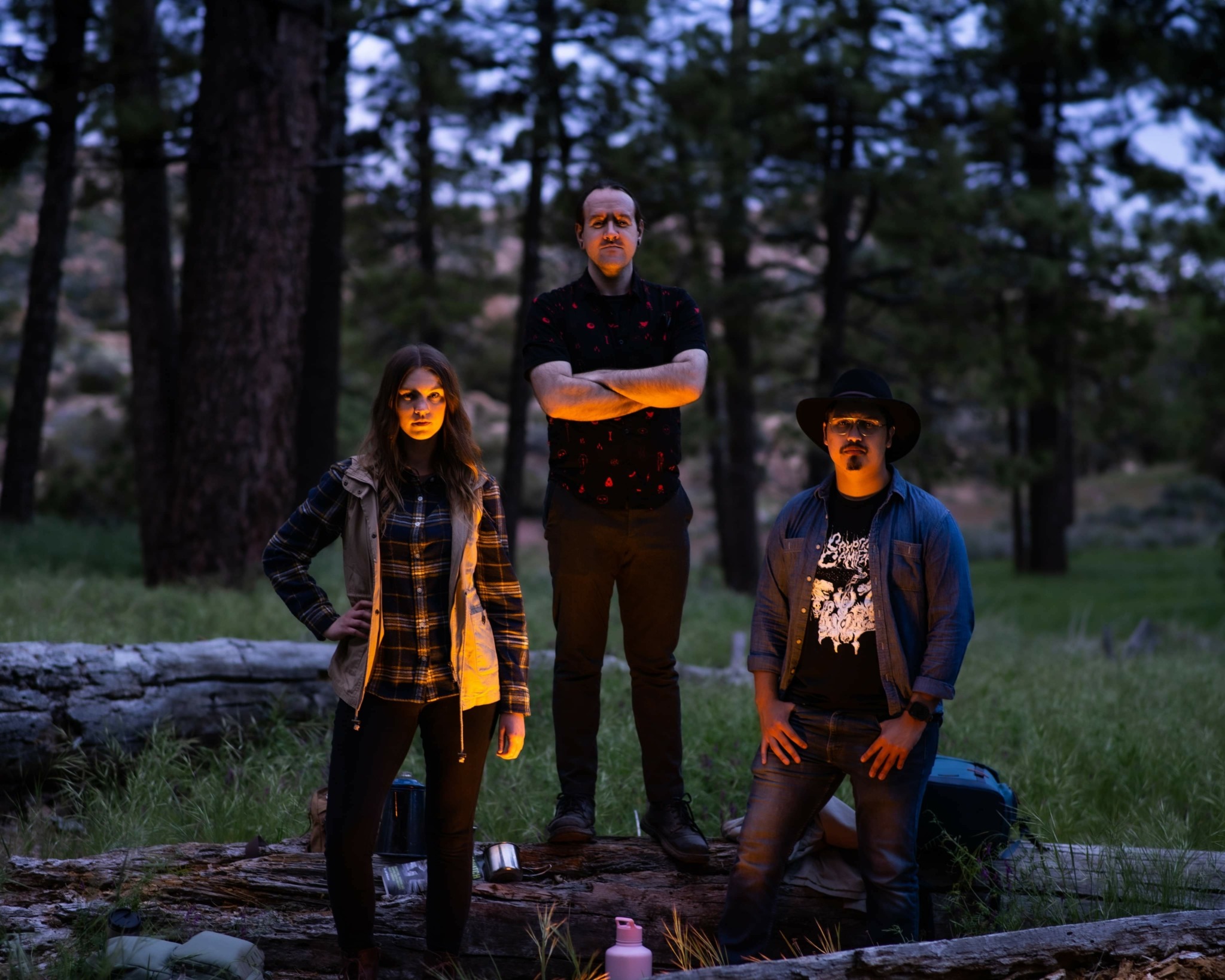
Do you think there is something that non-creatives might struggle to understand about your journey as a creative? Maybe you can shed some light?
Aside from the general field of creative endeavors, the biggest misunderstanding about creatives from the perspective of a non creative is that we’re lazy. A lot of creative work goes on inside the brain. For most of my life I’ve had a hard time articulating the thoughts inside my head into words. Though I’m learning more now how to communicate with non creatives, the struggle is still there.
My favorite quote about this comes from screenwriter Aaron Sorkin, where he said “most of my work looks like me laying on the couch and watching PGA”. But that’s exactly where the most important aspects come into play. I’ll often think about narrative structure and flow while driving or showering or cooking food. As a creative you can’t just bang it out in an 8 hour work day. You can’t always create a plan and stick to it. Especially documentaries. I could write out a gameplan, but when I’m out there filming, who knows what might happen. A tree could fall over and block someone from getting out of their driveway and now they can’t do the interview (true story). So what then? That’s when creative problem solving comes into play and now suddenly the story is different. Not worse, but different and many times better than it was before. That is the eternal struggle with explaining to non creatives.
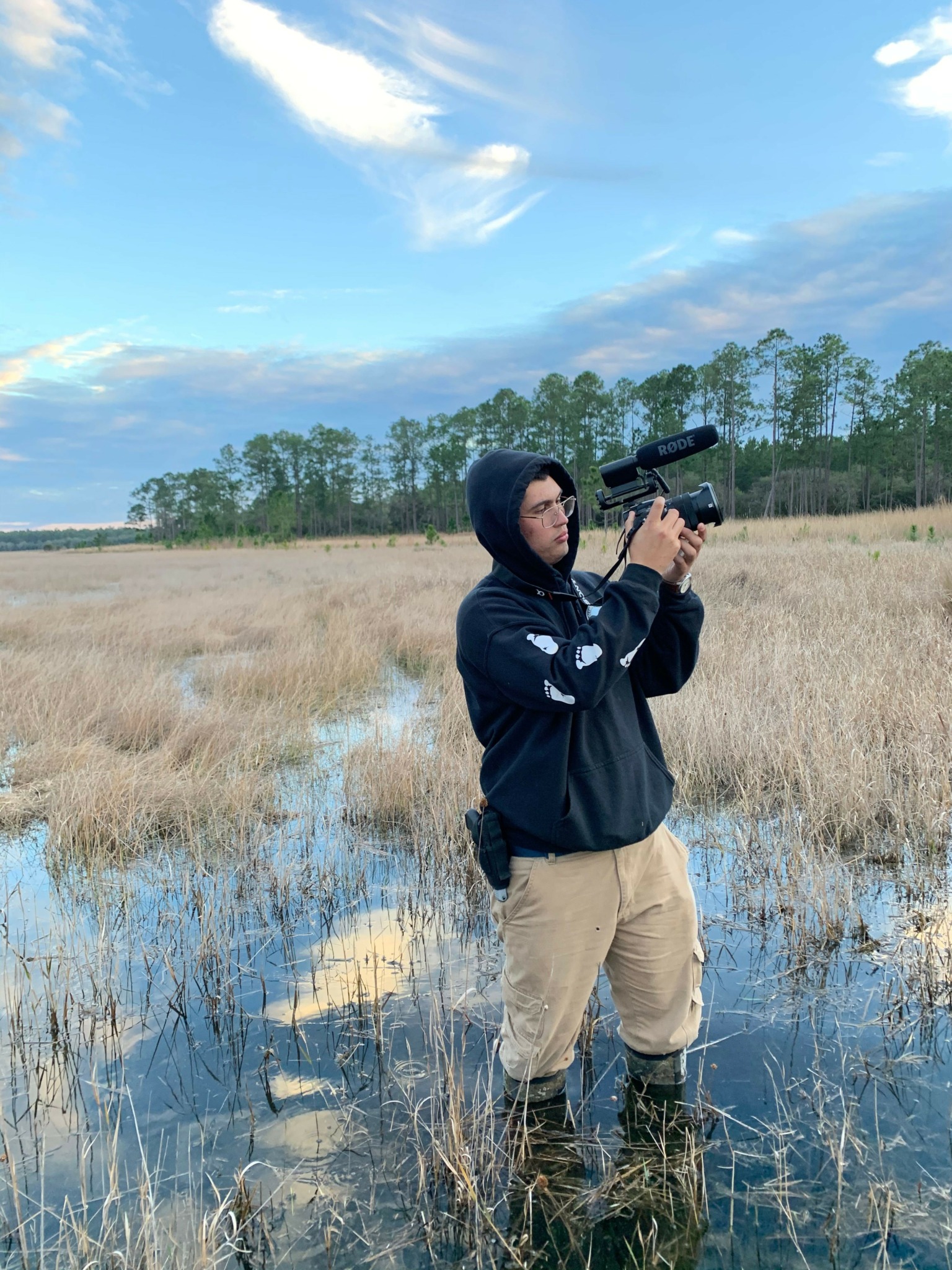
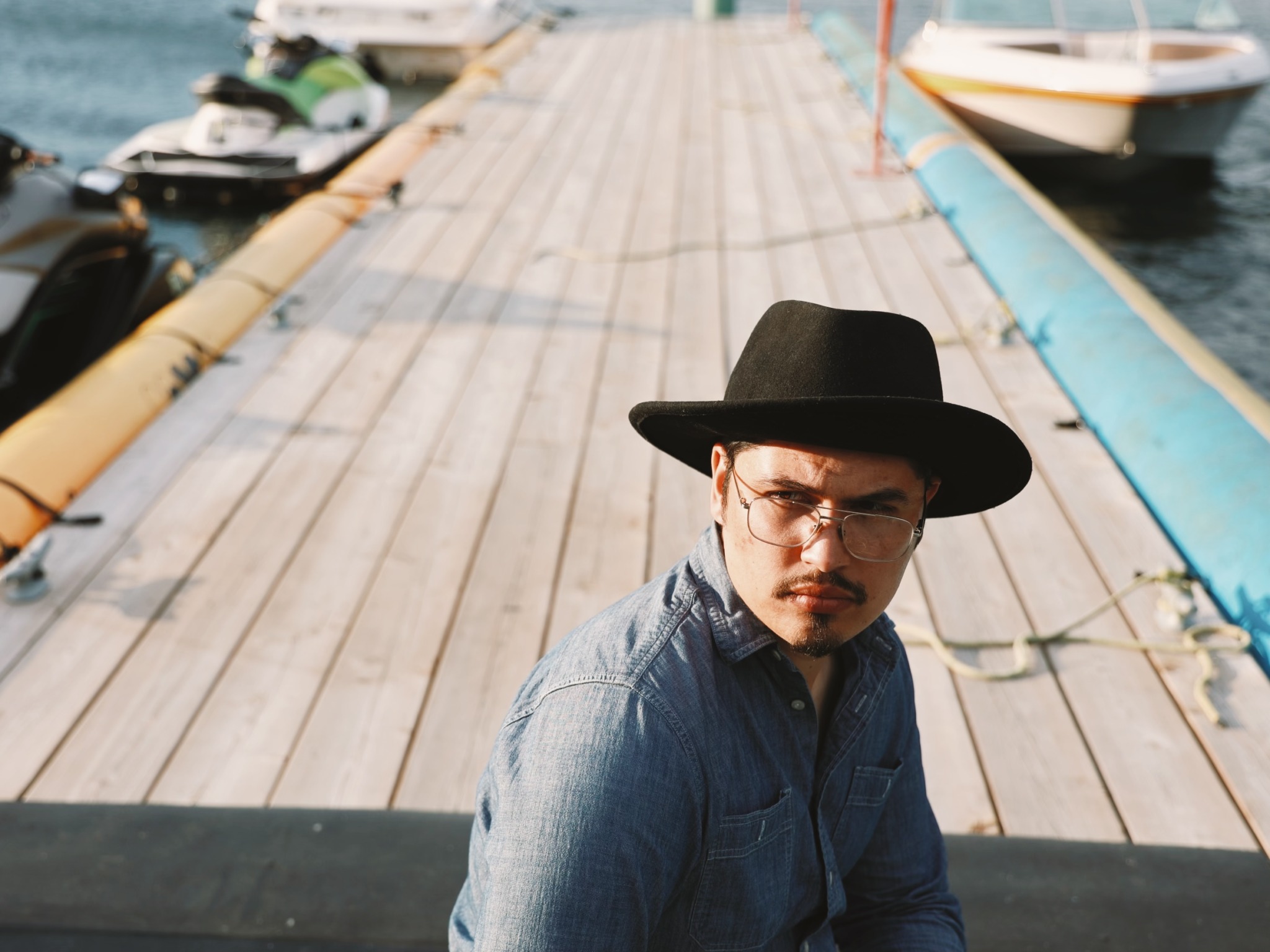
For you, what’s the most rewarding aspect of being a creative?
The projects themselves. For me, I’ve always been goal oriented and the goal for me is to make a project I’m proud of. I don’t cater to the masses. I don’t create the lowest common denominator work that will try to please as many people as possible, because that just ends up being a project that no one likes.
Always pursue your vision, even if people don’t understand it. Then when showing it to others be receptive to their feedback. Because they’ll let you know if your vision doesn’t come across. You can’t be too precious about your work, because it does have to connect with your audience, otherwise you run the risk of becoming pretentious and making something nobody understands.
So to clearly define it. The most rewarding aspect is creating a film that I’m proud of and that connects with people.
Contact Info:
- Website: https://theeliwatson.com
- Instagram: theeliwatson
- Twitter: theeliwatson
- Youtube: The Eli Watson
